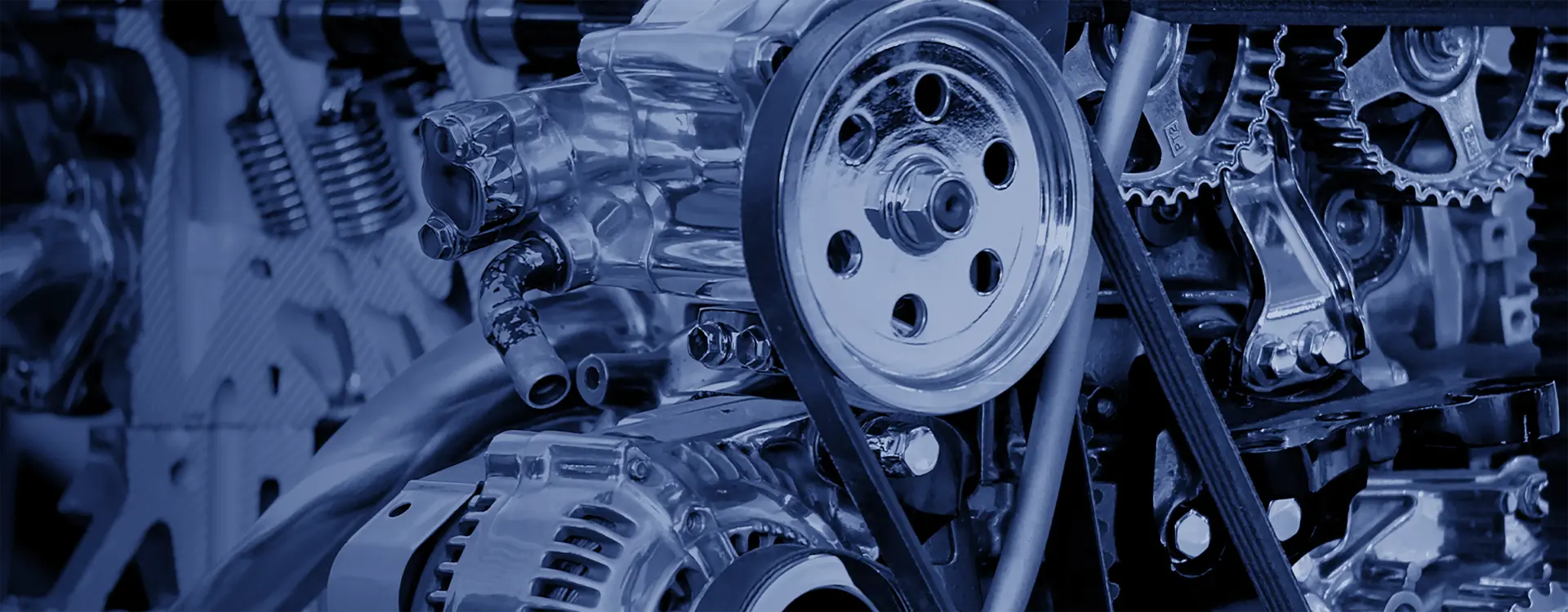

The Evolution and Importance of Industrial Automotive Parts
The automotive industry is a cornerstone of the global economy, and at its heart lies the vital sector of industrial automotive parts
. These components play a crucial role in the overall functionality, safety, and efficiency of vehicles, ranging from personal cars to heavy-duty trucks. As technology evolves, so too does the complexity and sophistication of these parts, driving advancements that significantly impact vehicle performance and sustainability.Industrial automotive parts encompass a wide array of components, including engines, transmissions, brakes, and electrical systems. Each part must adhere to stringent safety and quality standards, given the potential implications of mechanical failures. This industry is characterized by a combination of traditional manufacturing practices and cutting-edge technologies, resulting in continuous innovation.
One of the most significant trends in the automotive parts industry is the shift towards lightweight materials. Manufacturers are increasingly utilizing advanced materials such as aluminum, carbon fiber, and high-strength steel to reduce vehicle weight. This weight reduction leads to improved fuel efficiency and lower emissions, aligning with global efforts to combat climate change. For instance, companies like Ford and Tesla have integrated lightweight components in their electric and hybrid vehicles to enhance performance while minimizing environmental impact.
Additionally, the integration of advanced technology like automation and robotics in the production of automotive parts has revolutionized the industry. Automation allows for increased precision and efficiency, significantly reducing production times and costs. Robotics are employed for tasks ranging from assembly to quality control, ensuring that each component meets the high standards required for automotive applications. Furthermore, the rise of Industry 4.0 has brought with it the promise of smart manufacturing practices, where data analytics, IoT (Internet of Things), and machine learning are utilized to optimize production processes.

The demand for electric vehicles (EVs) has also spurred a transformation in the automotive parts sector. Electric cars require specific components such as battery packs, electric motors, and advanced power electronics, necessitating the development of new manufacturing processes and materials. Automotive part suppliers are increasingly pivoting to support this shift, investing in research and development to create parts that are more efficient and tailored for EV applications. This transition not only addresses consumer demand but also promotes a more sustainable future for transportation.
Sustainability is becoming an overarching theme in the automotive parts industry, driving manufacturers to adopt circular economy practices. This entails designing parts for longevity, repairability, and recyclability. By emphasizing sustainability, manufacturers can meet regulatory requirements and consumer expectations while also reducing waste and conserving resources. Initiatives around recycling automotive parts, such as the repurposing of metals and plastics, are gaining traction, enabling a more environmentally friendly production cycle.
The global supply chain for automotive parts has faced challenges, particularly during the COVID-19 pandemic. Disruptions led to delays in production and challenges in sourcing raw materials. In response, many companies are re-evaluating their supply chain strategies to build resilience. This includes diversifying suppliers, investing in local production capabilities, and leveraging technology to monitor and manage supply chain dynamics more effectively.
In conclusion, industrial automotive parts are integral to the performance, safety, and sustainability of the automotive industry. As the sector continues to evolve, driven by technological advancements and changing consumer preferences, manufacturers must remain agile and innovative. By embracing lightweight materials, automation, green practices, and new technologies, the industry can not only enhance vehicle performance but also contribute to a more sustainable future in transportation. The automotive parts sector stands at a pivotal moment in its history, with the potential to redefine the standards of manufacturing and sustainability in the years to come.